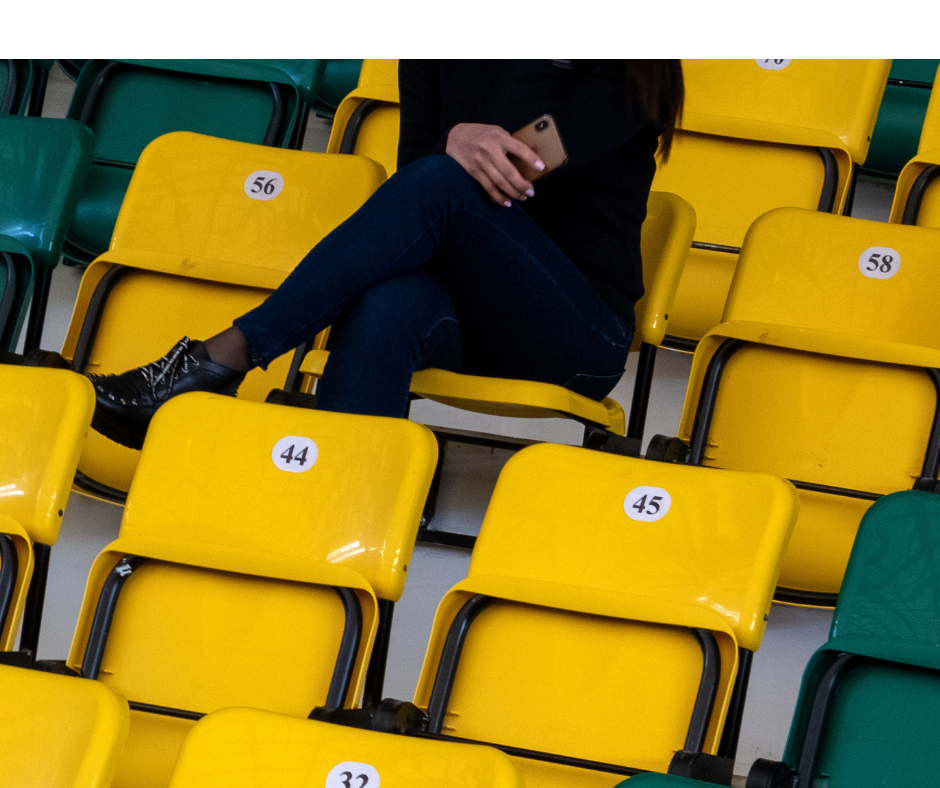
Understanding the Ripple Effect: How Parents’ Behaviors Impact the Team
Understanding the Ripple Effect: How Parents’ Behaviors Impact the Team. Your kid and two of his teammates pile into your car after practice, and they all start to complain about the new player they just brought up from the frosh/soph team to Junior Varsity, “He doesn’t understand the offense.” “He’s so slow! It’s not fair; he’s causing us to run so many extra sprints.” “Yeah, and he’s such a baby, calling fouls all the time during the scrimmage.”
Ok, freeze. You have a critical choice to make here. What do you do? Do you listen and keep quiet? Do you jump into the conversation and pile on, adding, “Why would they bring him up? We already have a deep roster; it just means less playing time for all of you.” OR do you use this opportunity to teach the kids a vital lesson? What if you responded by saying something like, “He’s probably nervous, he’s only a freshman, and you guys are all sophomores and juniors? “Maybe you can help and encourage him instead of tearing him down. You remember when you were in his shoes, right? It can be pretty scary.”
What a shift in mindset. Let’s think about that. The first two options devalue the player, devalue the coach’s choice, and create a scenario where your child and his teammates are victims. It also, by the way, fosters a negative culture on the team.
Is Pushing Your Child To Play Sports Ever The Right Choice?
And to take it another step, go even deeper with your child. Reinforce the message the next night when you are driving alone to practice. “I understand why you all might be frustrated with the situation. But it’s not his fault he was moved up. Plus, if this team is going to go deep in the next tournament, we will need a deep bench. You might want to set an example and encourage your teammates to lift each other up instead of knocking each other down.” Empower your child not to follow the status quo of negative and uninformed teammates; instead, buck the system and do something that will help the entire team.
Here’s another situation. At the dinner table, your daughter starts to complain about the coach. She’s mean, picks favorites, and always yells at her. Again, you have a choice. You might be inclined to say, “Yeah, she really doesn’t know what she’s doing. She’s so far over her head, don’t worry about her. She’ll probably be gone next year.” OR you can be a part of positive change and respond with something like, “Well, she’s not perfect, but I think she is really trying to instill grit and work ethic in this team that had been lacking. Plus, coaches often yell at players they believe in and want to motivate. Is there something you can think of that might be causing her frustration that you are doing?” Again, one of these situations creates doubt in your child about the coach’s integrity, professionalism, and character. The other promotes self-reflection and maintains a cohesive team culture.
In both situations, a parent’s response holds a lot of power. Your words are either going to be building blocks to help your athlete be thoughtful and reflective, be self-aware, and take ownership of their team and their actions. Or you are going to promote divisiveness and a me-first attitude. Simply put, will you help or hurt the team?
What sports parents do and say behind closed doors to their kids can make or break a team. We have a responsibility and a duty to do the right thing here. It’s pretty simple: we need to model the behavior we want to see in our kids. Even when we might have doubts, questions, or frustrations, we need to separate our feelings from the situation and encourage our kids to be leaders, set examples, and create a winning mentality. Teach them not to become a part of the problem but rather to be a part of the solution.
Here are more great articles from Ilovetowatchyouplay.com:
My Daughter Quit Sports And This Is What Youth Sports Parents Need To Know
Why Our Family Is Ok With The Craziness Of Youth Sports
9 Signs Your Child Has Sports Burnout











